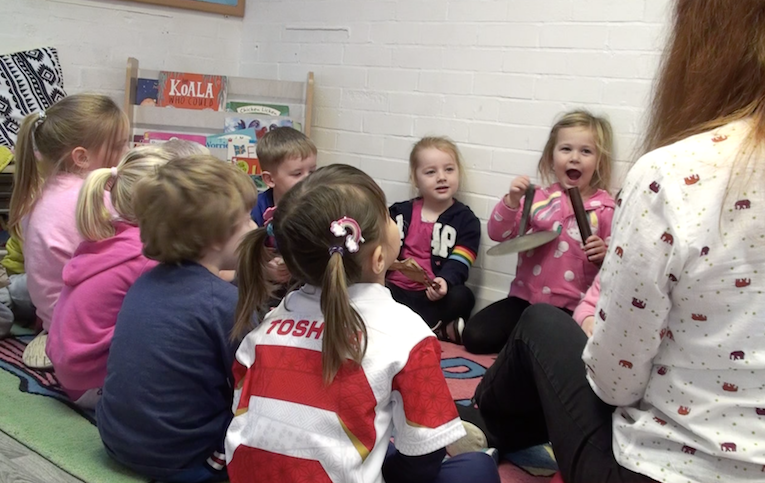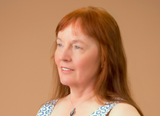The Early Years – Where Music Starts

What can little children do in music? May I present Lyonya Shilovsky, a three year old Russian drummer playing the ‘Can-Can’ tune from Offenbach’s Orpheus in the Underworld, along with an orchestra of adult musicians. I hope Lyonya wears ear protection! Is Lyonya unique, we might wonder, or are all three year olds capable of such physical co-ordination, rhythmic precision and musical awareness?
As a music student, I was sure that most children would be able to play a drum in time with a song. As a newly qualified music teacher, I found out that most children could not yet play a drum in time with a song. Many children could not walk in time to music either, or clap a steady pulse or sing in tune but they could learn to do all these things if I:
- modelled how to do them
- provided a succession of different musical contexts for practice
- gave encouraging, honest feedback.
Basic musical awareness is innate in humans; children instinctively respond physically to music and enjoy improving their practical skills through being offered effective strategies. Children learn music naturally by listening to and emulating others and they develop their aural awareness by receiving feedback. The music curriculum may be thought of as a spiral in which learning is begun, consolidated and then furthered by experiencing similar musical concepts in a variety of contexts. The process is a bit like learning to listen, speak, converse and, eventually, to read language, all supported by the help of someone who already has those skills. Children learn to discuss music intelligently by hearing the right words for the elements of music, such as tempo and pitch, used in musical contexts.
Years of classroom and private teaching over the complete academic age-range, along with tutoring student teachers, have convinced me that many children are under-achieving in music. Working intensively with three to seven year olds over the past two years has confirmed my belief that little children can do much more in music than is generally expected of them, and that practical teaching and learning experiences should begin in the early years.
These young children are having fun learning a circle dance to a section of Mozart’s Rondo Alla Turca. Fitting a different action to each section of the music helps with understanding that music has a structure (one of the elements of music).
https://vimeo.com/424007818
These children, a little older, can now clap the rhythm and the pulse of a song, and also walk in time to music. They are being encouraged to try out different movements in time with the pulse.
https://vimeo.com/399589483
Teachers’ own childhood music education may well have been impoverished but most still have sufficient musical awareness to be able to provide early years children with worthwhile musical activities. Adults, including those who consider themselves to be non-musicians, can build on the, perhaps unconscious, wealth of musical experience they have accumulated over the years. Virtually everyone listens to some kinds of music, many hum or sing along and, when people dance at parties, it’s obvious that they can move to the pulse.
Crucially, teachers need to know what to do with young children in music, and how to do it. Teachers need ideas for suitable activities at an appropriate level, including songs to sing, games that build music skills, suggestions for creating music, and recordings of music for listening and movement. To create music, children need teachers to provide opportunities to explore and experiment. Improvising and composing do not happen in a vacuum and the more kinds of music children experience and the more they learn about how others create it, the more rewarding will be their own creations.
The time allocation for music in most teacher training courses is arguably inadequate so the onus is on educators to be pro-active in gaining sufficient knowledge during and after they qualify. It may not be the early years educator’s job to produce little percussionists like Lyonya Shilovsky but it is their responsibility to ensure they provide children with a broad, firm foundation for musical growth.





